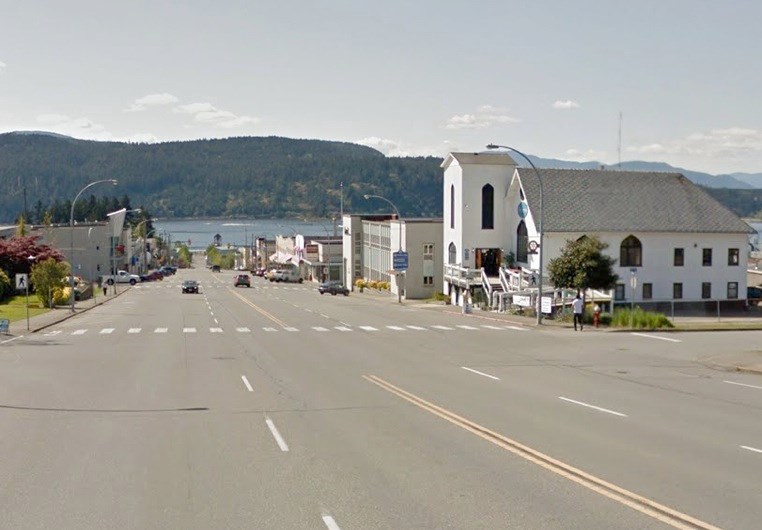The B.C. government will lead a $1-million disaster drill in Port Alberni next year to test the province’s readiness for a major earthquake and tsunami.
Attorney General Suzanne Anton said Emergency Management B.C. will develop an exercise to evaluate the province’s new immediate response plan.
“Earthquake drills are important,” Anton said. “They’re done in schools. They’re done around British Columbia.
“We need to have a provincial earthquake drill so that we can see if our provincial systems are working and how they respond.”
The announcement follows an auditor general’s report last year that found B.C. was ill-prepared for a catastrophic earthquake and that government had kept people in the dark about the risks to health and safety.
The report said the province had made little progress since a similar audit 17 years earlier, and that planning for such a catastrophe was a “side-of-desk activity.”
NDP critic Mike Farnworth welcomed Anton’s announcement and urged her to consider running similar tests in other parts of the province, especially the Lower Mainland, where certain areas could liquefy in the event of a major quake.
He also said the province needs to step up its investment in seismic upgrades to public buildings.
“Not just school, but hospitals, government buildings,” he said. “We need to be aggressive on that. Roads. Bridges. All those kinds of things.
“We need to have a concrete plan in place that gets those repairs done, because, as we’ve seen with the schools, the government has not been able to meet the plans that they initially announced.”
The Liberal government had promised to complete seismic upgrades to all schools by 2020, but Education Minister Peter Fassbender now says that won’t happen until 2030 in Vancouver and 2025 elsewhere.
Anton said the province chose Port Alberni for the full-scale earthquake exercise because of its seismic history.
A tsunami flooded the city in March 1964 following a 9.2-magnitude earthquake in Alaska.
“There’s many people who still remember the earthquake of 1964,” Anton said.
“Our coastal communities are very at risk for tsunamis, so they’re a good place to start in terms of preparedness.”
The government said some of its $1 million will cover the cost of deploying the heavy urban search and rescue team from Vancouver, as well as other staffing costs and expenses.
“As we all know, we could face the big one here,” Anton said. “We could have a very disastrous earthquake. We need to make sure that our systems know how to fit together and have the best response possible.”
Exercise Coastal Response is set for June 7 to 10, 2016.



